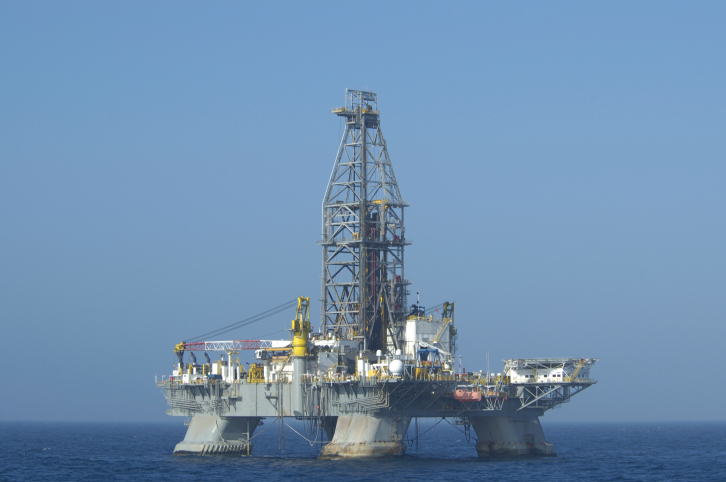
About the only thing the two firms have in common is that activist investor Carl Icahn took a run at both. Icahn managed to get a slightly better deal out of Michael Dell and Silver Lake Partners than they had originally offered to take Dell Inc. private.
Icahn held about 6% of Transocean’s outstanding shares in mid-August, and he succeeded in placing one appointee on the company’s board and squeezing a $2.24 special dividend out of the offshore driller’s board of directors in May. Icahn had sought a $4 per share special dividend.
Transocean’s shares traded at more than $85 a share just prior to the explosion and sinking of its Deepwater Horizon platform in April of 2010, and they closed at $48.51 on Monday. The disaster cost 11 workers their lives and dumped 5 million barrels of oil into the Gulf of Mexico. BP PLC (NYSE: BP) leased the rig from Transocean, which was also the operator. Back in January, Transocean settled U.S. Justice Department civil and criminal claims for $1.4 billion and a plea of guilty to one misdemeanor charge.
Transocean’s share price jumped to around $49.20 Tuesday morning after trading in a narrow range of about $44.50 to $48.50 since early August. The company’s shares got the usual boost from being added to the S&P 500, but the bloom will soon come off that particular rose, and shares are likely to revert to somewhere in that range again. The 52-week low for the stock is $43.65 and the high is $59.50, set back in February.
Thank you for reading! Have some feedback for us?
Contact the 24/7 Wall St. editorial team.





